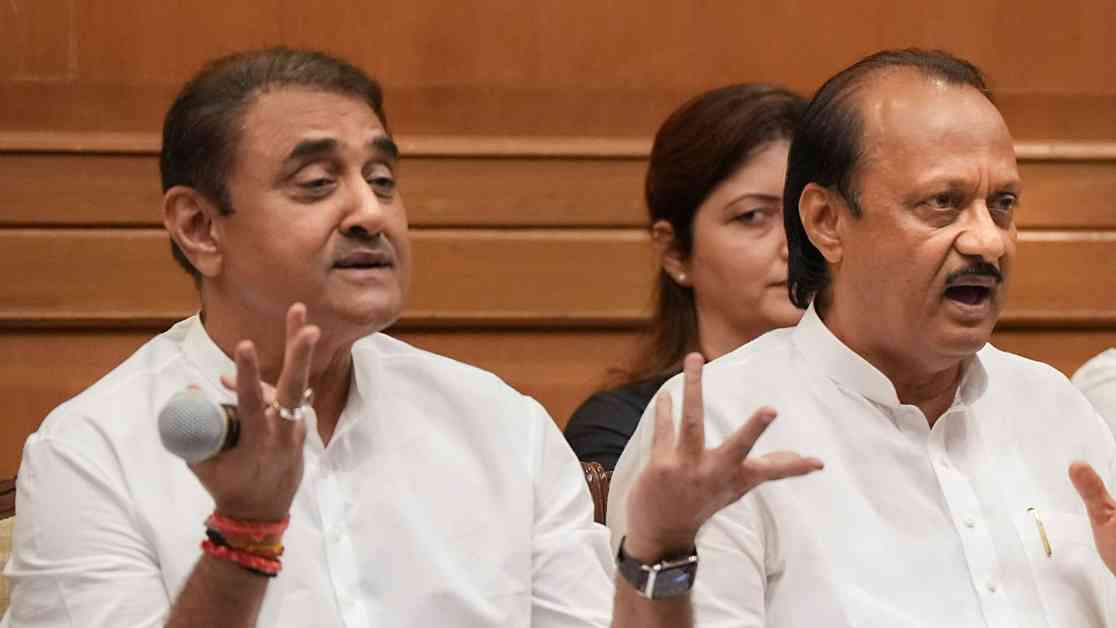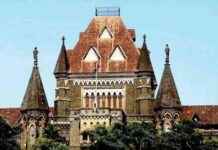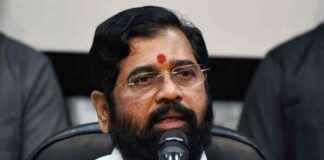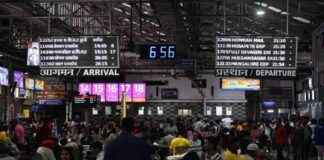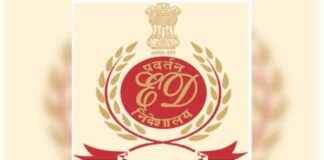Praful Patel, a prominent leader of the Nationalist Congress Party (NCP), responded to Ajit Pawar’s recent statement regarding a personal matter within the Pawar family. Pawar had admitted that fielding his wife Sunetra against his cousin Supriya Sule in the Lok Sabha elections was a “huge mistake.” Patel, however, emphasized that this issue was a personal matter for the Pawar family and that it would not be appropriate for him to comment further on the situation.
Praful Patel’s Response
As a key figure within the NCP, Praful Patel addressed Ajit Pawar’s admission with caution and respect for the family dynamics at play. He stressed that Ajit Pawar’s statement was reflective of his personal feelings and experiences, and as such, it was not his place to delve deeper into the matter. Patel’s response underscored the delicate balance between personal relationships and political decisions that often intersect in the realm of Indian politics.
Ajit Pawar’s Admission
Ajit Pawar’s acknowledgment of his decision to field his wife against his cousin Supriya Sule revealed a moment of introspection and vulnerability in the seasoned politician. His candid admission that it was a “huge mistake” to pit family members against each other in the political arena highlighted the complexities of familial ties in the context of power struggles and electoral politics. Pawar’s willingness to admit his error signaled a rare display of humility and self-awareness in a field often characterized by bravado and self-assuredness.
The Pawar Family Dynamics
The Pawar family’s internal dynamics have long been a subject of intrigue and speculation within Maharashtra’s political landscape. The rift between Ajit Pawar and his uncle, Sharad Pawar, added another layer of complexity to an already intricate web of relationships and alliances. The decision to field Sunetra Pawar against Supriya Sule was not merely a strategic move in an electoral contest but also a reflection of deeper rifts and tensions within the family structure.
The subsequent victory of Supriya Sule over her sister-in-law further underscored the challenges of balancing personal relationships with political ambitions. The clash between familial loyalty and party loyalty played out on a public stage, leaving both sides to navigate the aftermath of a contentious electoral battle. Ajit Pawar’s admission of fault in this matter opened up a space for reflection and reconciliation within the Pawar family, as they grappled with the fallout of a divisive decision.
In the wake of Ajit Pawar’s statement, the NCP faced internal turmoil and external scrutiny over its handling of the family feud. The party’s reputation and credibility were called into question as it grappled with the fallout from the contentious Lok Sabha elections. The delicate balance between personal allegiances and political expediency came to the forefront, challenging the party’s leadership to navigate the treacherous waters of intra-party conflict and public perception.
As the NCP sought to regroup and rebuild in the aftermath of the electoral setback, the Pawar family’s internal dynamics remained a focal point of discussion and debate. The implications of Ajit Pawar’s admission reverberated throughout Maharashtra’s political landscape, shaping the narrative of familial loyalty and political ambition in the public consciousness. The delicate dance between personal relationships and professional responsibilities played out in real-time, as the Pawar family sought to reconcile their differences and move forward as a united front.
In conclusion, Ajit Pawar’s admission of fault in the decision to field his wife against his cousin highlighted the complex interplay between personal relationships and political ambitions within the Pawar family. Praful Patel’s response underscored the sensitivity and nuance required to navigate such delicate matters, as the NCP grappled with the fallout from a divisive electoral contest. The implications of this internal conflict reverberated throughout Maharashtra’s political landscape, shaping the narrative of familial loyalty and political expediency in the public eye. As the Pawar family sought to heal old wounds and forge a path forward, the echoes of past decisions lingered, reminding us of the enduring impact of personal choices on public life.
